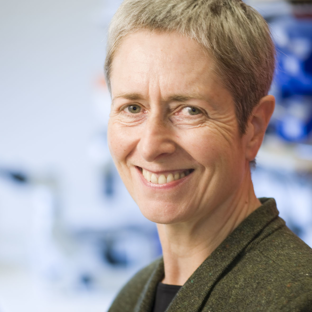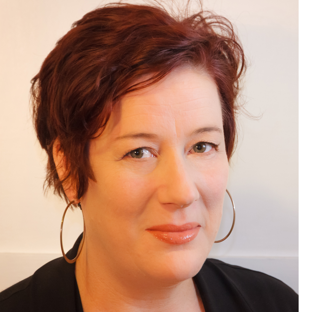Broad-scale immunisation has saved millions of lives worldwide, making it the most effective form of disease prevention we have. Meanwhile, new vaccines and delivery methods continue to be discovered. Why, then, are vaccination rates at dangerously low levels in parts of Australia and overseas? What are the debates about the risks of vaccines and what are the risks to our health if vaccination rates keep falling? How do we make a difference to public opinion – and behaviour – when the science is not enough?
Presented in partnership with Science & Technology Australia, and funded by Inspiring Australia in the Australian Government Department of Industry.
Featuring

Upulie Divisekera
Upulie Divisekera is a molecular biologist, science communicator and writer based in Melbourne. Over her research career, Upulie has worked in cancer research, developmental biology and is currently involved with nanotechnology research.
She co-founded the highly successful science outreach program, Real Scientists, and communicates science through writing, performance and radio. Upulie is interested in the intersection of science and culture and works with the Wheeler Centre to bring novel science programming to Melbourne.

Anne Kelso
Anne Kelso is director of the WHO Collaborating Centre for Reference and Research on Influenza, based at the new Peter Doherty Institute for Infection and Immunity in Melbourne. She also holds an honorary professorial appointment at the University of Melbourne where she contributes to a research program working on immunity to influenza.
As director of the WHO Collaborating Centre, Anne oversees the Centre’s work monitoring changes in influenza viruses infecting people around the Asia-Pacific region and serves on the WHO committee which recommends virus strains for updating seasonal influenza vaccines each year.
She is a member of several boards and advisory groups, including the Council of the National Health and Medical Research Council and committees advising the Australian Government on influenza.
David Tscharke
David Tscharke received a bachelor of science (Hons) and PhD from the University of Adelaide studying viral pathogenesis and immunology. In 1997 he began postdoctoral work in the same field, first at the University of Oxford and Imperial College in the UK and then at the US National Institutes of Health in Bethesda, MD, USA.
In 2003, David returned to Australia, working at the Queensland Institute of Medical Research in Brisbane before moving to the Australian National University in 2006 to start his own laboratory.
He was awarded a Young Tall Poppy Science Award and Agilent Technologies Award for Life Science by the Australian Institute for Policy and Science in 2006 and an NHMRC Career Development Award in 2007.
Since 2012 he has been an ARC Future Fellow. His current research interests revolve around gain a better understanding of viruses and how viral infections are controlled by the immune system, including how we can exploit this knowledge to improve vaccines.

Rachael Dunlop
Rachael Dunlop is a campaigner for science-based medicine in Australia, with a special interest in refuting the claims of the anti-vaccination movement. In her day job, she works as a medical researcher with an interest in motor neurone disease, in particular the role of blue green algae in triggering ALS/MND.
Rachael is a reporter for The Skeptic Zone podcast and blogs at the Skeptics Book of Pooh Pooh and tweets @DrRachie.
She is also a vice president of the Australian Skeptics, and a member of Mystery Investigators science show for children. Her writings on the Australian anti-vaccination movement and alternative medicine have appeared in Fairfax newspapers, Mamamia, Australasian Science, Australian Doctor and the US-based blog, Science Based Medicine, among others.
She has also appeared on The Project, The Drum and Mamamia TV. In 2010, Rachael won the Shorty Award in the Health category for the most interesting health and science information on Twitter. As an ex-graphic designer and copywriter, Rachael enjoys combining her love of science, art and social media as a means of communicating science to the public.
